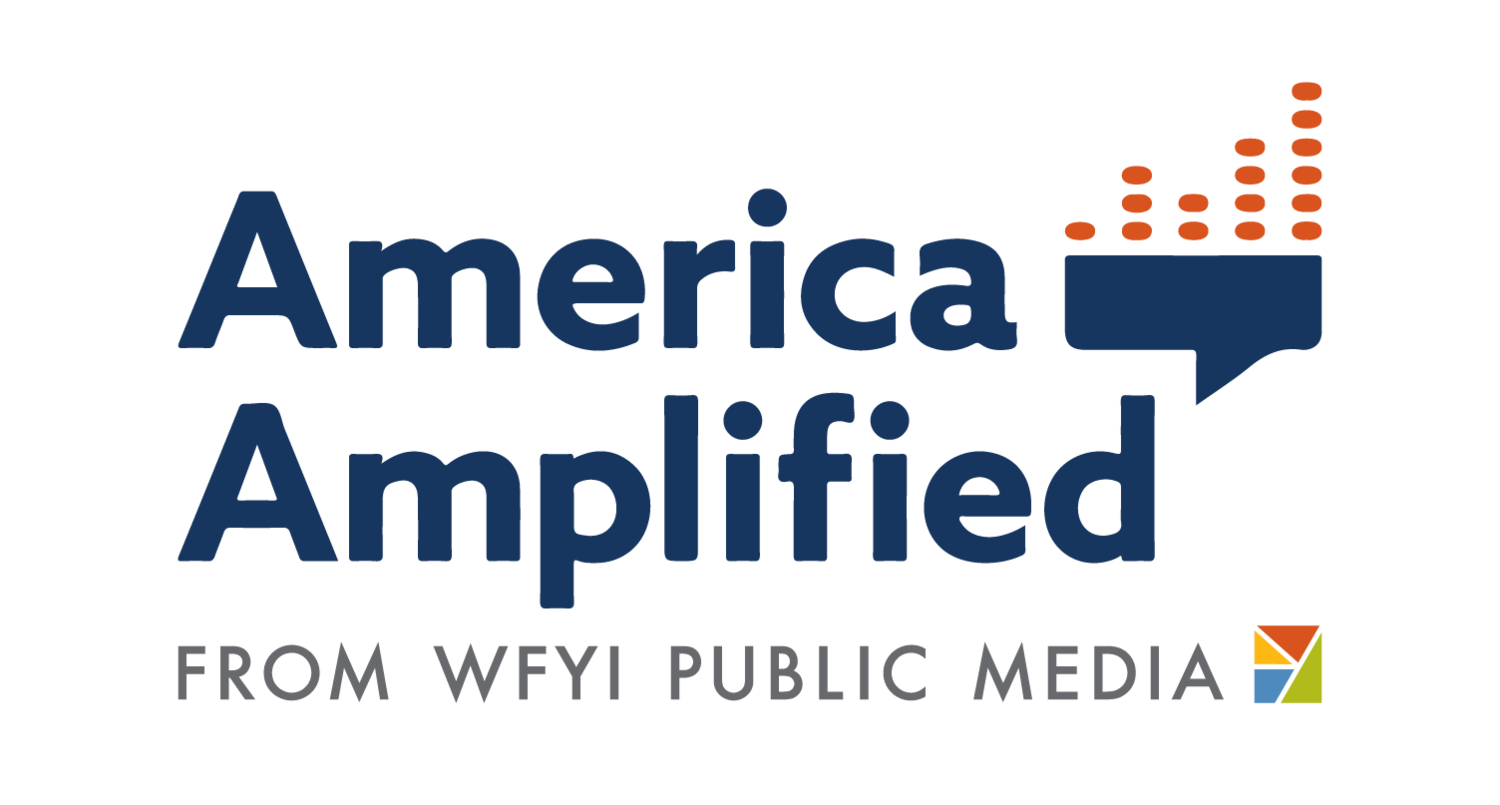VOICES FOR CHANGE
Across the country, tens of thousands have gathered to protest against police brutality and systemic racism while demanding change in the police system. The demonstrations were sparked by the May 25, 2020, killing of George Floyd, a black man, by a white Minneapolis police officer.
Below are some of the audio diaries and interviews with protestors produced by our partner networks. The collection reveals today’s reality and what this moment means in our nation’s history.
Click on the photos to read and listen to the original stories.
“There’s nobody with a cape that’s coming out of the phone booth to come save me,” Sherman Neal of Murray, Kentucky, said. “If you have the training in and the ability to do something and you choose not to under the current circumstances that we’re in, then you’re okay with it, and you’re complicit with what’s going on.”
“Again we have the talk. To be mindful of your skin, be mindful of your surroundings, and on how no one has the right to take your life, liberty or your pursuit of justice when it’s always seemingly taken from … just us. … I’m so tired of these talks. I’m ready to scream, to yell, to cry and holler but I have to do parenting on how people see you, but don’t actually see you.” – Sondra Slade, Tulsa, Oklahoma, talking to her 13-year-old son.
“It all worries me. We're in the middle of a pandemic and we have people out here fighting for justice for another pandemic, which is structural, historical, and ongoing racism. And what are the repercussions of that going to be?” –Mikah Owen, Sacramento, California
“Ninety-nine years after the Tulsa Race Massacre, I am terrified to be a black man in Tulsa. I’ve heard from black friends who have purchased guns over the weekend. They’ve decided that this is the only way they can ensure protection because they feel their white friends will protect them.” –RJ Young, Tulsa, Oklahoma
"Listen, this whole country was built off of hate. And people that look like me, we was always looked at as animals... So in order for something to change, I would say the first order is to start holding these officers and government officials accountable for their actions." –Anthony Bruner, Boise, Idaho
"I am a queer black trans man in a very queer red state. ... When I first started this journey, my cousin told me it isn’t easy being a black man. I thought that he meant providing for a family, or being just or being kind and good. … No, he meant it’s not easy being a black man in a world that hates you without knowing you. Without caring to, unless you make it easy for them." -- Avery Marshall, Tulsa, Oklahoma
"I think every mother across the country, they were heartbroken when they heard him {George Floyd} scream out, cry out, ‘Mom.’" -Chaikirah Parker, Tampa, Florida
“We have had enough. I compare it to when like a pressure cooker is on the stove and the lid, the lid is locked. And then you know, when the contents and the steam and the pressure has nowhere to go, that lid is going to blow off. And that is essentially what's happened in this country is the lid has blown off of everything. –Cam Parker, Tampa, Florida
"I'm raising an amazing, astounding black man in this city. And it just is, I'm scared for his life. Every day. Every day I wake up, I have this anxiety just because I'm black, and nothing more." —Shala Browning, Boise, Idaho
“White privilege is an invisible thing to a lot of us unless you're aware of it. But it's just built into our systems that we can just live our lives easier on than (people in) a lot of other communities.” –Kelsey, Tampa, Florida
“If I'm not hopeful, I'm drowning in despair and anxiety and fear. And I don't want to live my life like that. I don't want my life to be defined [by] a white person's gonna see me the wrong way. I've been called a n*****. I've been abused for being black, and I'm not going to live my life in fear of that .” –Brittany Randall, Sacramento, California
“You just have to make sure that people understand that it's a lot more than just black people that are supporting this. It's a lot more than Hispanics that are out here supporting this, it’s everybody and everybody feels the pain that black people are feeling in this.” –Robyn, Tampa, Florida
“I can't describe what it feels like. It's not just about one or two instances. This pain, for people like myself, it's historical. I think about all the way back to slavery up until today, where we continually are separated from American society. We're treated as if we're less than.” –Caleb Hervey, Sacramento, California
“We want better policies put in place to protect our people. We want to be provided the same opportunities as those in the majority. We want to be able to ensure that a minor traffic violation will not lead to us not being able to see our loved ones.”– Brice Williams (second from left), Chambersburg, Pennsylvania
“I’m half-Black and my community has always supported me to see the violence that has ensued for decades against them and against us. And I have those worries about them, when my brother goes out to jog or my father drives alone, that’s why I continue to fight and that’s why I protest so that that will never happen to either of them.”– Tzipporah Goins (right), York, Pennsylvania
“Racism is almost like a cancer that we can't seem to get rid of and it's up to us to do something about it. There are things that we can and should do. We don't want to be branded a racist nation.” Colleen Reed of St. Petersburg, Florida
Featuring: Boise State Public Radio; KOSU in Oklahoma, CapRadio in Sacramento, California; Ohio Valley Resource; WHYY in Philadelphia, Pennsylvania; WUSF in Tampa, Florida












![“If I'm not hopeful, I'm drowning in despair and anxiety and fear. And I don't want to live my life like that. I don't want my life to be defined [by] a white person's gonna see me the wrong way. I've been called a n*****. I've been abused for being](https://images.squarespace-cdn.com/content/v1/5e2f21465b3b8e5666cabbe7/1591716286987-576T989FEYHNPZ7E8V2M/brittany.jpeg)




